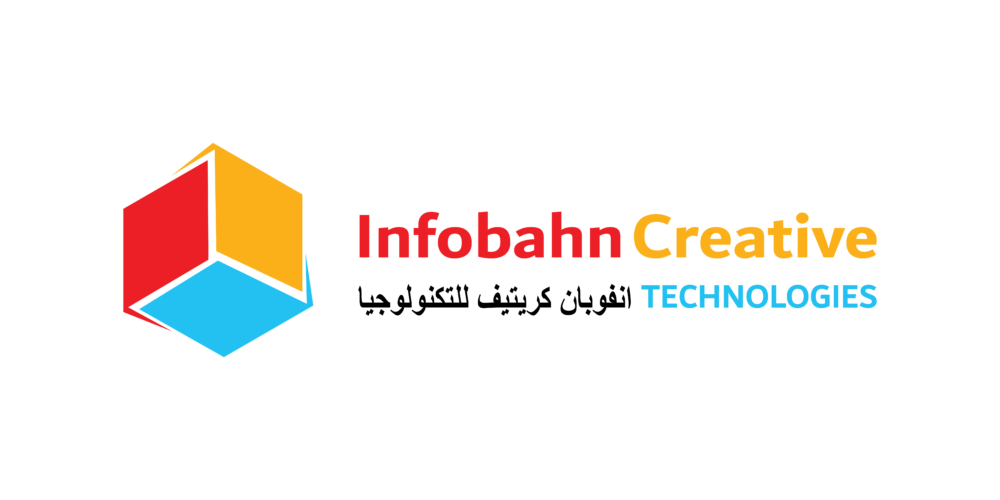Ecommerce
Building Powerful Online Stores
eCommerce services focus on creating and optimizing online stores that provide seamless shopping experiences. A well-designed eCommerce platform enables businesses to sell products and services efficiently, ensuring smooth transactions and enhanced customer satisfaction.
Key Features of eCommerce Development
A professional eCommerce service includes essential features such as product catalogs, secure payment gateways, shopping carts, order management, and customer accounts. Mobile responsiveness, user-friendly navigation, and fast loading speeds are also crucial to providing an excellent shopping experience.
Custom eCommerce Solutions
Every business has unique needs, and custom eCommerce development ensures tailored solutions that align with brand identity and objectives. Whether it’s a B2C retail store, B2B marketplace, or multi-vendor platform, developers create scalable and high-performance online stores using platforms like Shopify, WooCommerce, Magento, and custom-built solutions.
Enhancing Customer Experience
A successful eCommerce service focuses on improving user experience through intuitive design, seamless checkout processes, and personalized product recommendations. Features like live chat, AI-powered search, and multiple payment options contribute to higher customer engagement and retention.
Security and Performance Optimization
Security is a top priority in eCommerce development. SSL certificates, data encryption, and fraud protection measures ensure safe transactions. Additionally, optimizing website speed, reducing downtime, and implementing SEO strategies help improve search engine rankings and attract more customers.
Growing Your Online Business
Investing in professional eCommerce services enables businesses to reach a global audience, increase sales, and scale effectively. With the right eCommerce strategy, businesses can build a strong online presence and achieve long-term success in the competitive digital marketplace.
Types of Web Services
SOAP (Simple Object Access Protocol): A protocol that uses XML for messaging, ensuring secure and structured communication between applications. SOAP web services are commonly used in enterprise environments where security and reliability are paramount.
REST (Representational State Transfer): A lightweight and flexible web service architecture that uses standard HTTP methods such as GET, POST, PUT, and DELETE. RESTful services are widely used in web and mobile applications due to their scalability and ease of implementation.
Benefits of Web Services
- Interoperability: Web services allow different applications, written in different languages, to communicate seamlessly.
- Scalability: They support distributed computing, making it easier to scale applications.
- Reusability: Services can be reused across multiple applications, reducing development time and effort.
- Platform Independence: They work across various platforms, including cloud, mobile, and on-premise systems.
Applications of Web Services
Web services are used in cloud computing, e-commerce, banking, healthcare, and mobile applications to enable secure and efficient data exchange between systems. Their ability to connect applications across different environments makes them essential for modern digital transformation.
Start creating your digital presence.
Contact us
Call
+971 4 285 3773
official@infobahnct.com
Address
Dubai, UAE


